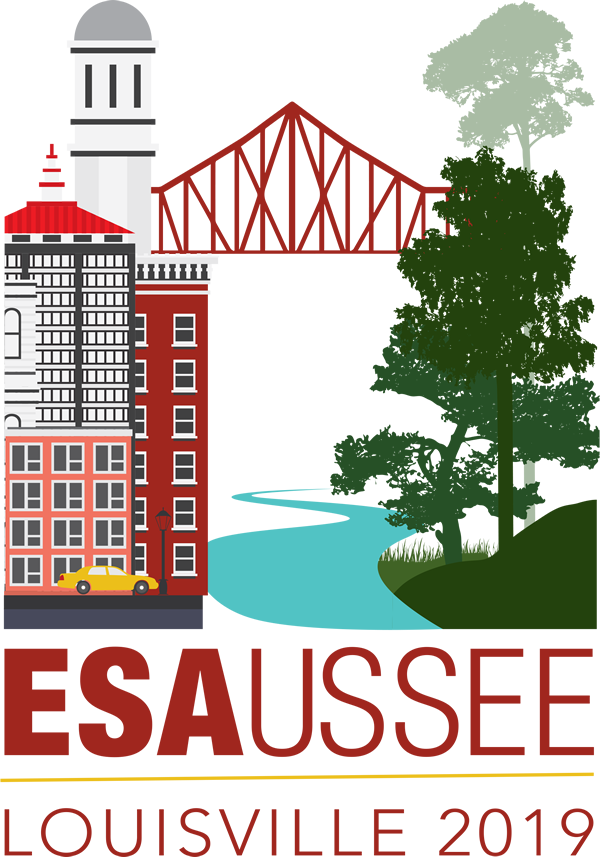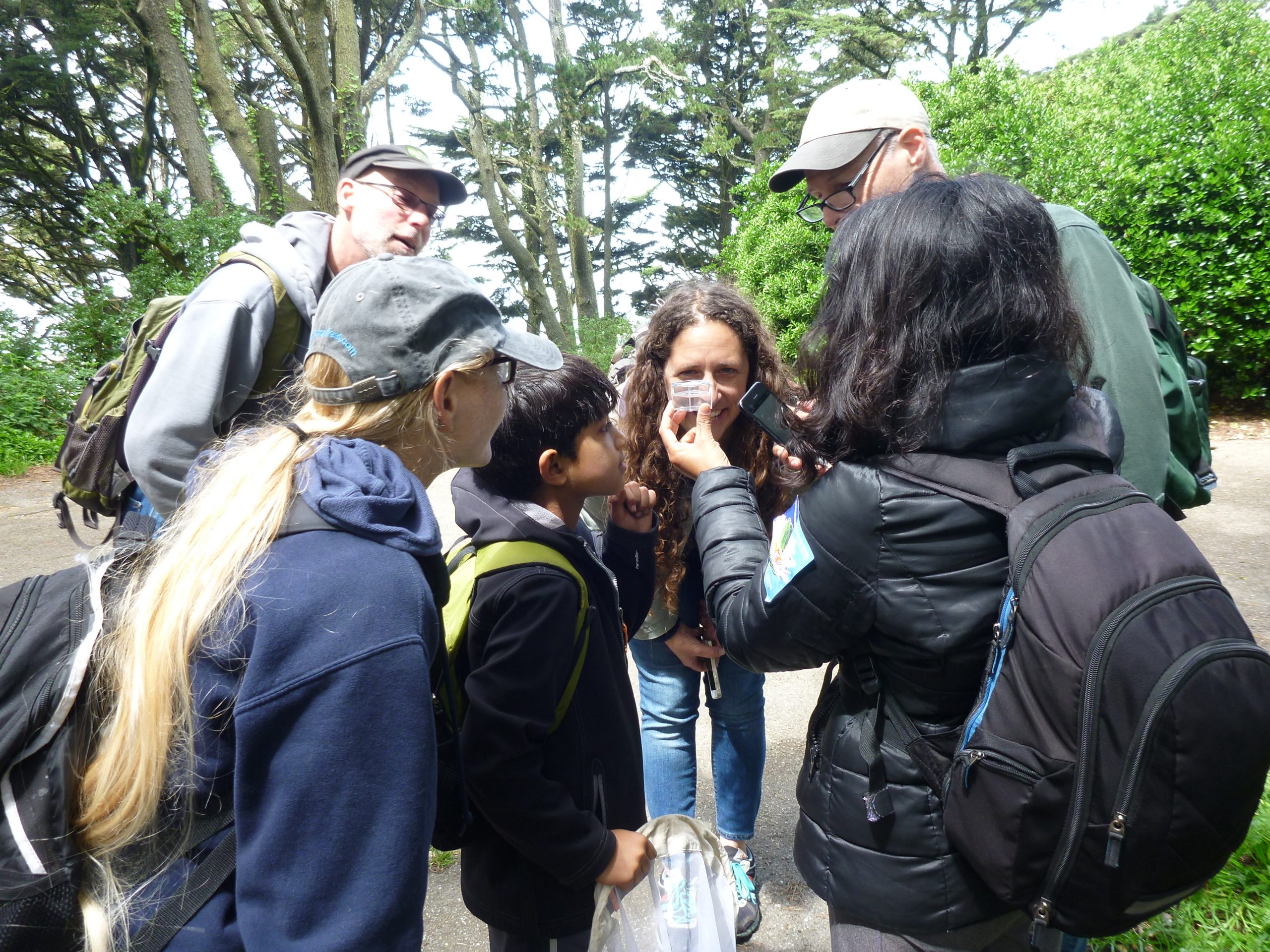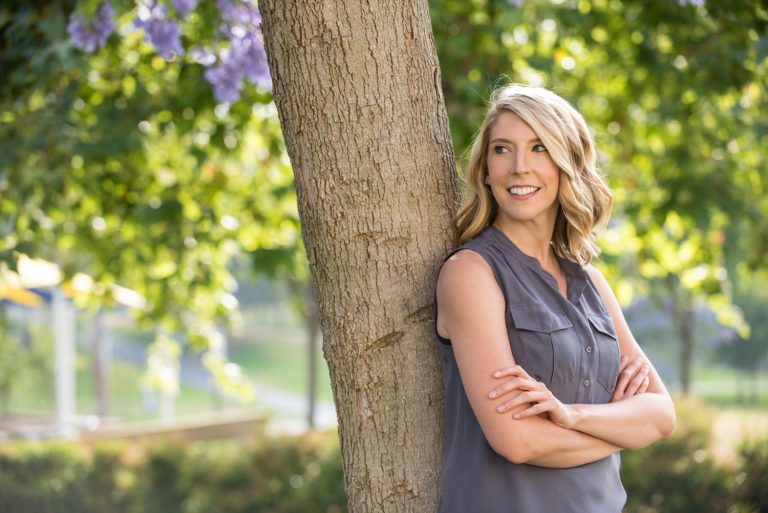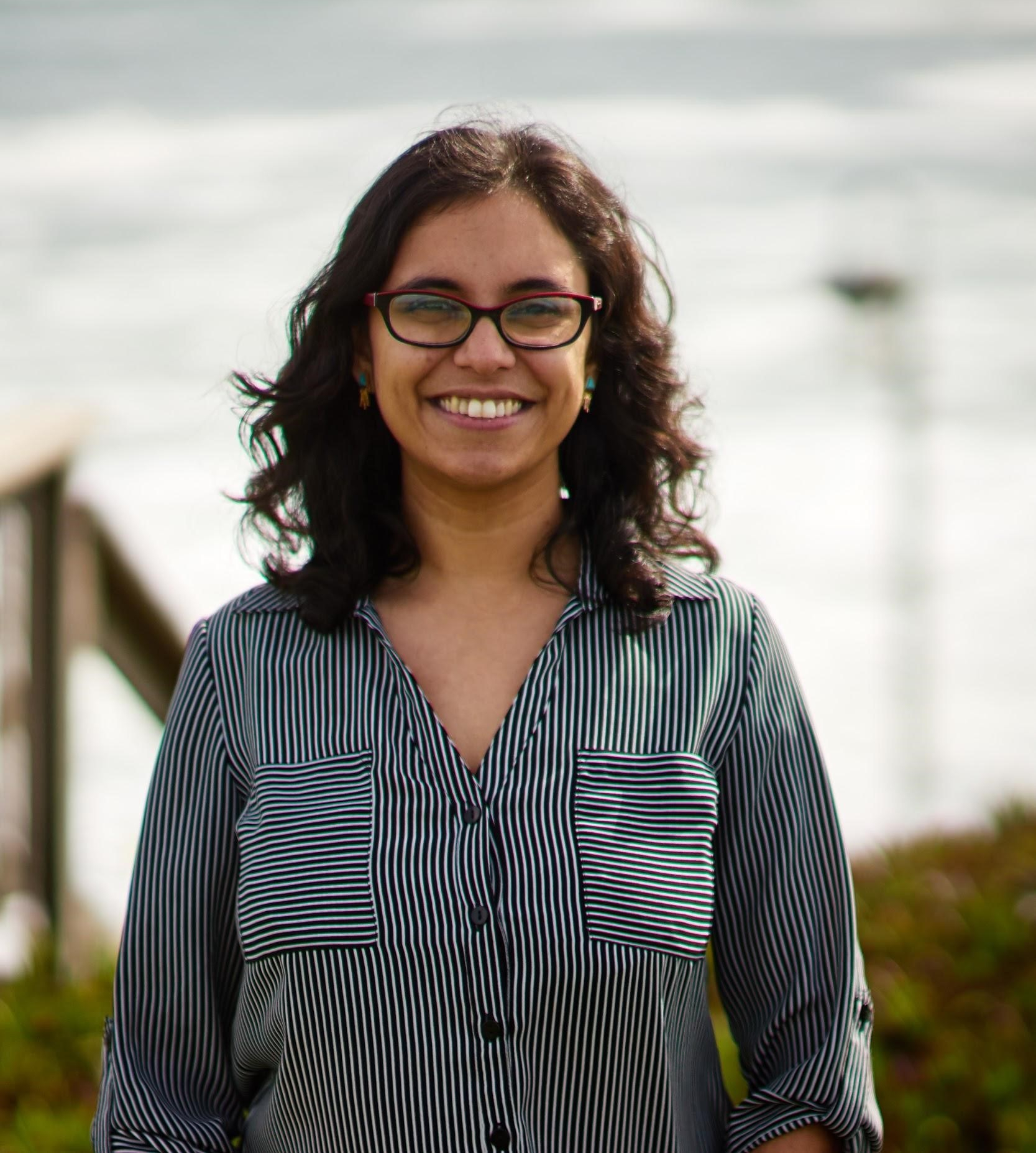
Resource of the Week: #SciComm & #PrideMonth
It is Pride Month! Here are a few resources on representation, inclusion, and intersectionality with science. Stay tuned for more in our Resource of the Week series*, as the month progresses. As always, we’d love to hear your recommendations on additional resources to share in the series. LGBTQ+ STEM DAY “LGBTQ+ people in science, technology, engineering, and maths (STEM) continue…







